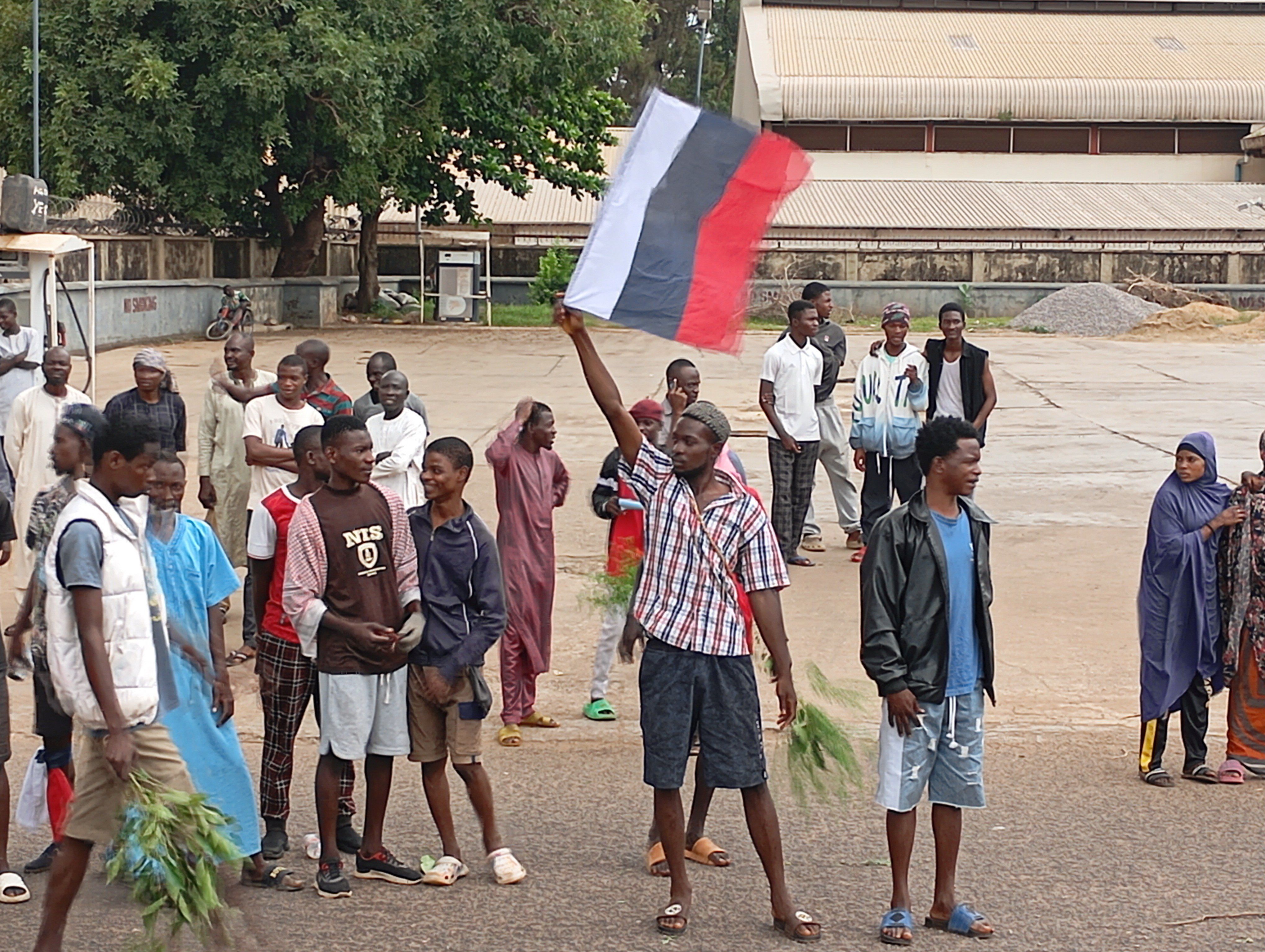4: Measure twice, arrest once, they say. Nigeria has detained several tailors and their “sponsors” for making the Russian flags that protesters were seen waving during recent anti-government demonstrations in four northern states. Unrest surged nationwide last week in response to subsidy cuts and soaring inflation. Nigerian authorities say waiving a foreign flag during protests is a “treasonable offense,” but the move comes amid heightened concern about Russian influence in sub-Saharan Africa, where Moscow-friendly forces have recently carried out several coups.
10: A Thai court on Monday banned the anti-establishment Move Forward party’s current and former executives from politics for 10 years over its opposition to laws that protect Thailand’s royal family from criticism. The rank-and-file members will be allowed to keep their seats in parliament and are likely to form a new party, albeit without the same leadership that secured the most votes in the 2023 election.
780 million: Negotiators are in the homestretch on a free trade deal between the EU and Mercosur, a trade group comprising South American heavyweights Brazil and Argentina, along with Uruguay, Paraguay, and Bolivia. If inked, it would create a single market of 780 million people and save EU companies more than $4 billion a year in tariffs. The talks took a hit recently when France objected on environmental grounds, but a new draft will include climate change commitments. To ratify, the EU needs only a simple majority of its 27 members.
12.5 million: The Chinese tech capital of Hangzhou has ordered its 12.5 million residents to stop using any “non-essential lighting” to relieve power grids as a record heat wave scorches large swathes of eastern and southern China. The soaring temperatures have not only tested power generation, but they’ve also raised concerns about adequate irrigation for rice farmers in the middle of the early-season harvest.
94: Rental prices in the Portuguese capital of Lisbon have soared 94% over the past decade, while home prices have risen twice as much as that. Experts blame the shortage of affordable housing on an influx of wealthy foreigners lured by tax breaks, a growing number of economic immigrants (especially from Brazil) seeking employment, and the rise of short-term rentals that cater to the country’s tourism industry.
